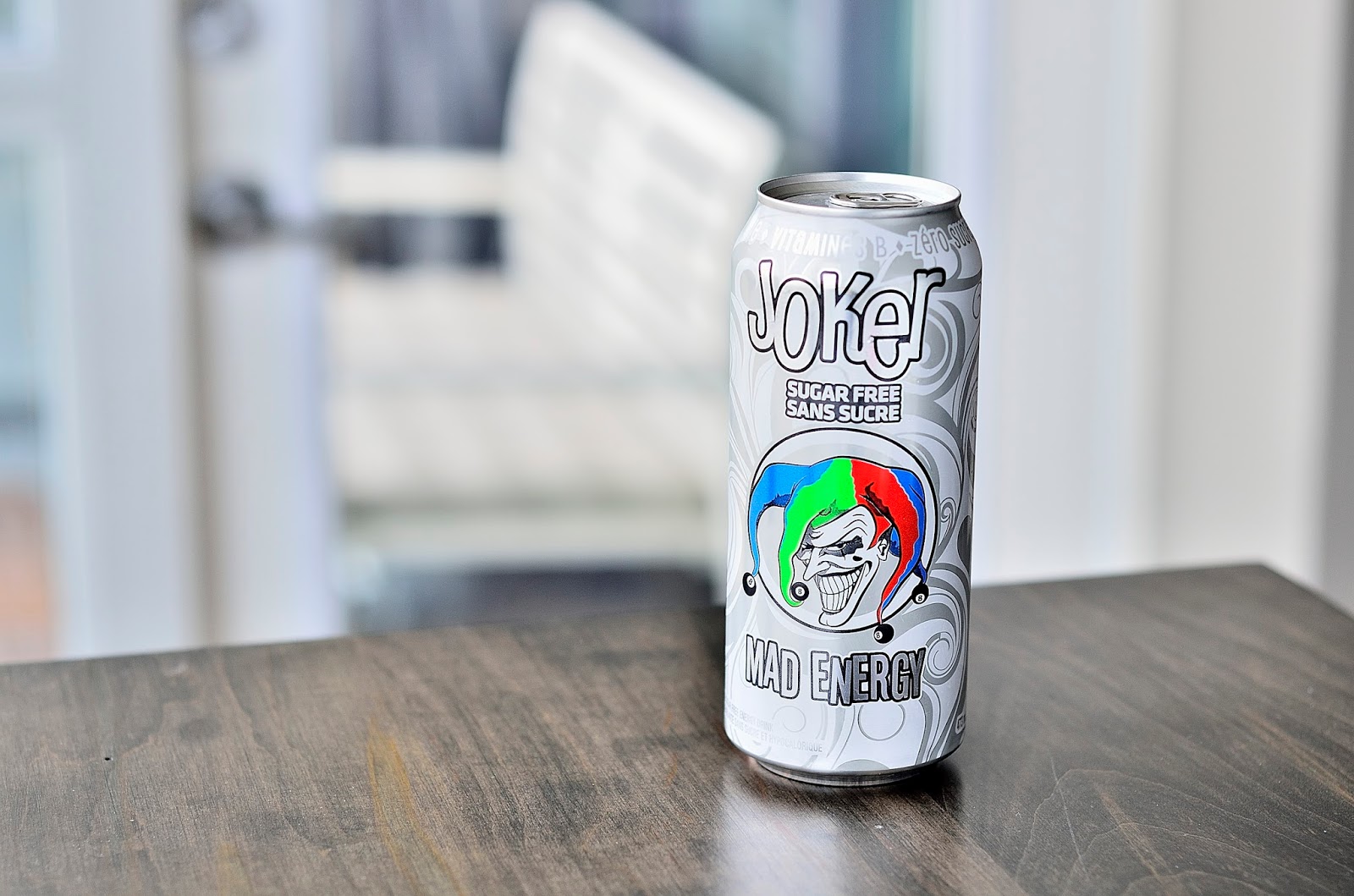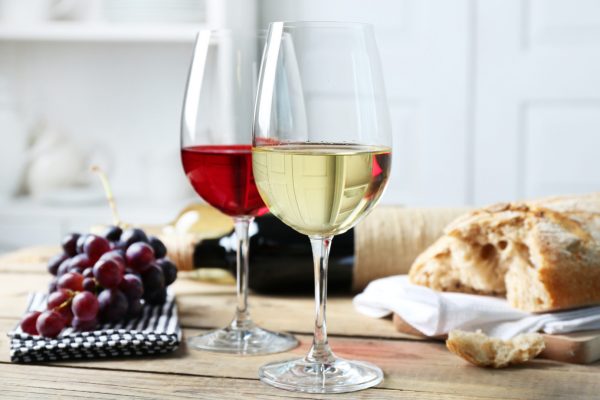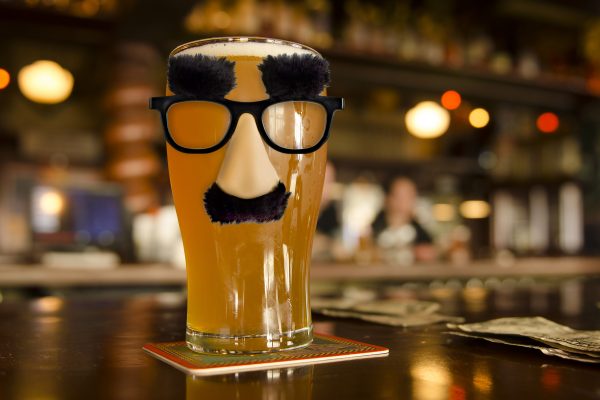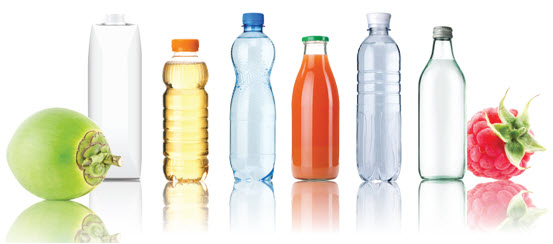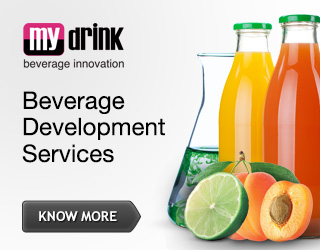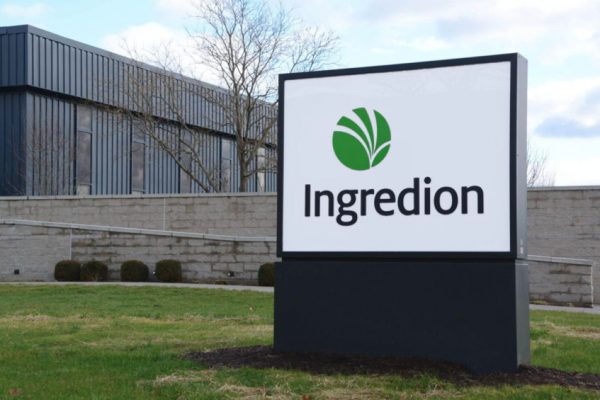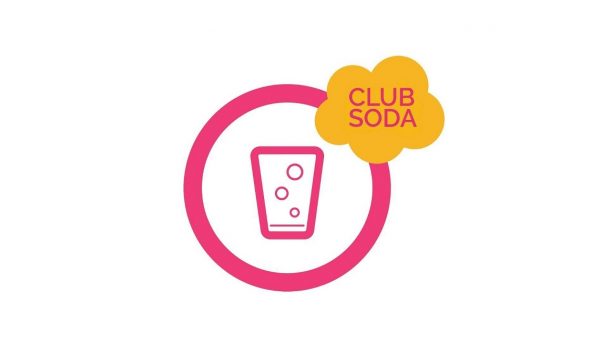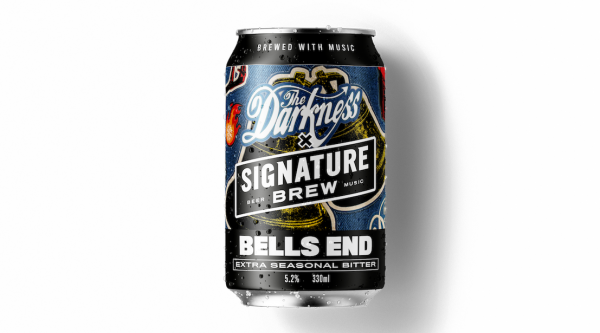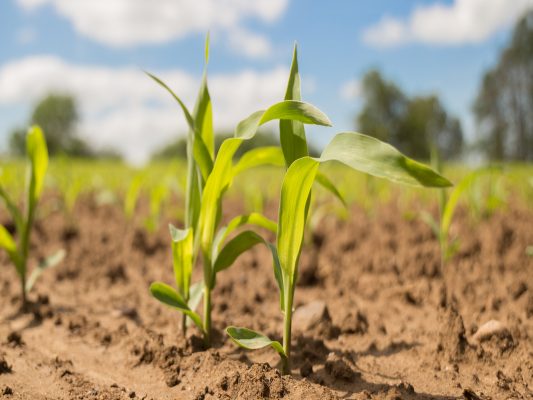How To
Fresh, Fast, Eco-Friendly: What Millennials Look for in Their Daily Beverages
Let’s be honest, 2018 pretty much marks the rule of the millennials, and everyone outside this generation is still trying to figure out what is going on. Every food and beverage manufacturer is attempting to unearth what exactly it is that prompts the mysterious millennial to eat, choose and (most importantly) spend.
What these brands are coming to realize is that is isn’t just one simple thing that drives millennials (like in previous generations). In this new era of commerce, millennials are proving themselves to be a fascinating, powerful, and often confusing group whose purchasing decisions are driven not just by how much money is in their bank account.
As millennials’ tastes change and people become more health-conscious, beverage brands need to think of innovative ways to remain attractive to their target market.
Here are what millennials are looking for in their daily beverages.
They want their daily beverages to be sugar-free
Last year, Saudi Arabia imposed a 50% tax on sugary drinks, and with the media spotlight firmly fixed on the adverse effects of sugar, many millennials around the world are seeking healthier alternatives.
Beverage companies such as those supplying energy drinks are changing their focus as health-conscious millennials demand zero-calorie variants.
They want their daily beverages to make them healthier
Millennials are more concerned about their wellness than any previous generation. The realities of modern life (such as air pollution and environmental issues) ensure that anxieties surrounding health are at the forefront of millennials’ minds.
For this reason, in addition to removing ingredients perceived as harmful from their products, beverage companies are also adding beneficial and on-trend ingredients to their drinks such as matcha, and vitamins C and B12. These are being added to drinks at a growing rate as a way to appeal to health and wellness-conscious shoppers.
You’ll see this in energy drinks such as Gatorade, Powerade and Fuze all boasting of B12. Moreover, makers of soda now fortify their beverages such as Diet Coke Plus and Tava (Pepsi) with vitamins and minerals, moving these products to the wellness aisles.
They want their daily beverages to be eco-friendly
As millennials become more concerned about the environment around them, their demand for products with minimal packaging has also grown. Savvy brands are increasingly taking an ethical — rather than solely profit-driven — stance towards product development and packaging.
For example, Coca-Cola and PepsiCo, manufacturers of the two most prominent beverage brands in the world, recently united to discuss downsizing their products. This is consistent with a rising demand for more sustainable packaging and production.
They want to have the option of exotic flavors
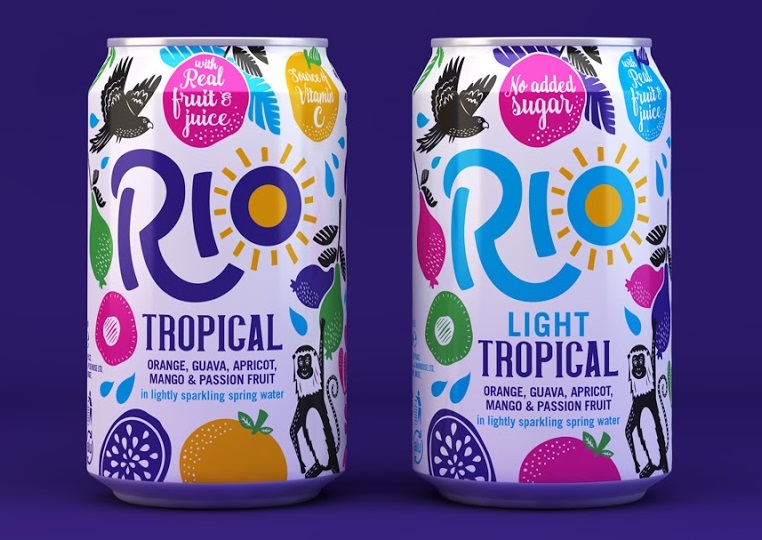 Thanks in large part to the Internet, when it comes to their food and beverage choices, millennials are a lot more open to trying and experimenting with new (to them) flavors. T
Thanks in large part to the Internet, when it comes to their food and beverage choices, millennials are a lot more open to trying and experimenting with new (to them) flavors. T
his young generation places a lot of importance on experiences, and are also driven by their unprecedented access to global information and cultural segments.
For this reason, their evolving and adventurous taste buds are influencing the prevalence of new and exotic beverage flavors. These include flavors of the citrus variety such as lime, grapefruit, and Asian citrus, as well as ginger in its various forms — from ginger beers, teas, and ales.
Other trendy flavor choices include light floral tastes such as lavender, rose, and jasmine. Fruity flavors like cantaloupe, watermelon, and those of various berries have also become quite widespread. In reality, the hotter, the bolder, the sweeter, and the more global and exotic, the better.
For instance, Pepsi’s Stubborn Soda offer pineapple cream and orange-hibiscus flavors. In Japan, there’s Pepsi Red with a (you guessed it) spicy kick while all over the world, ginger beers from The Great Jamaican (Canada), Bundaberg (Australia) and more are gaining new followers.
They want their daily beverage to be functional
Meal replacement shakes and smoothies have now become a favourite as meal fillers whilst millenials are on the go in their busy schedules.
This is something that even food service companies in the UAE (and across the globe) are paying attention to. Additionally, they consume a lot of energy drinks — especially ones that include yerba mate and guayusa (both sourced in South America) — as well as pre- and post- workout drinks that support and replenish their bodies following a rigorous workout.
A good example of this is Bombilla, a bottled fruit-sweetened drink distributed by Horeca Trade. It contains natural caffeine from 100% yerba mate leaves and green coffee beans. It has no artificial sweeteners so the energy you gain from drinking it is gradual, all-natural and has no side effects.
When discussing what defines millennials’ shopping habits in general, it is undoubtedly accurate to say they are fiercely brand loyal, and highly value convenience and authenticity.
Older forms of advertising tend to be received in a distrustful manner, but they are more susceptible to them if they are viewed online and come with reviews. They also favor companies that give back, and firms that interact with them on social media platforms.
How is your firm adapting to the millennial market? Let us know in the comments!

